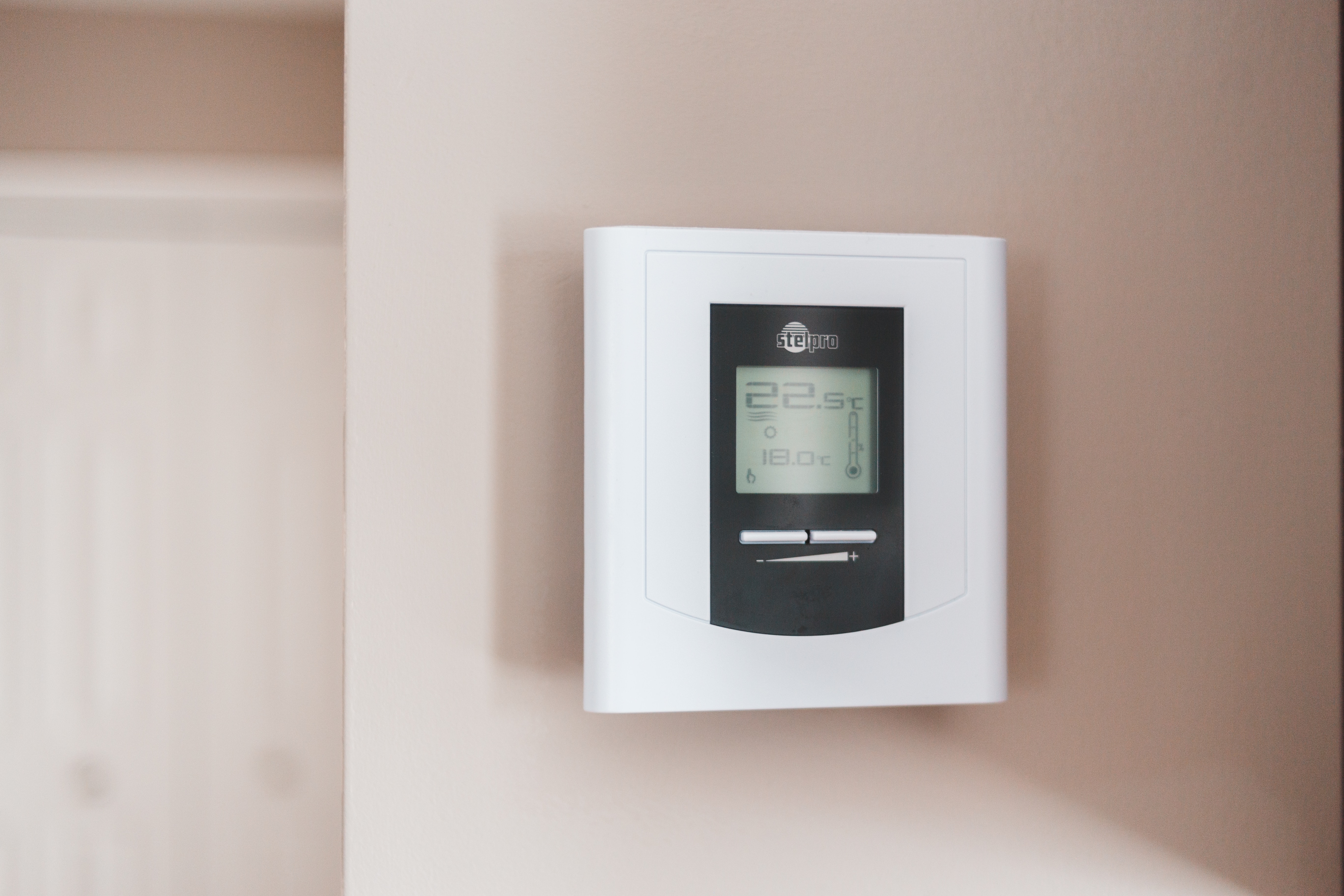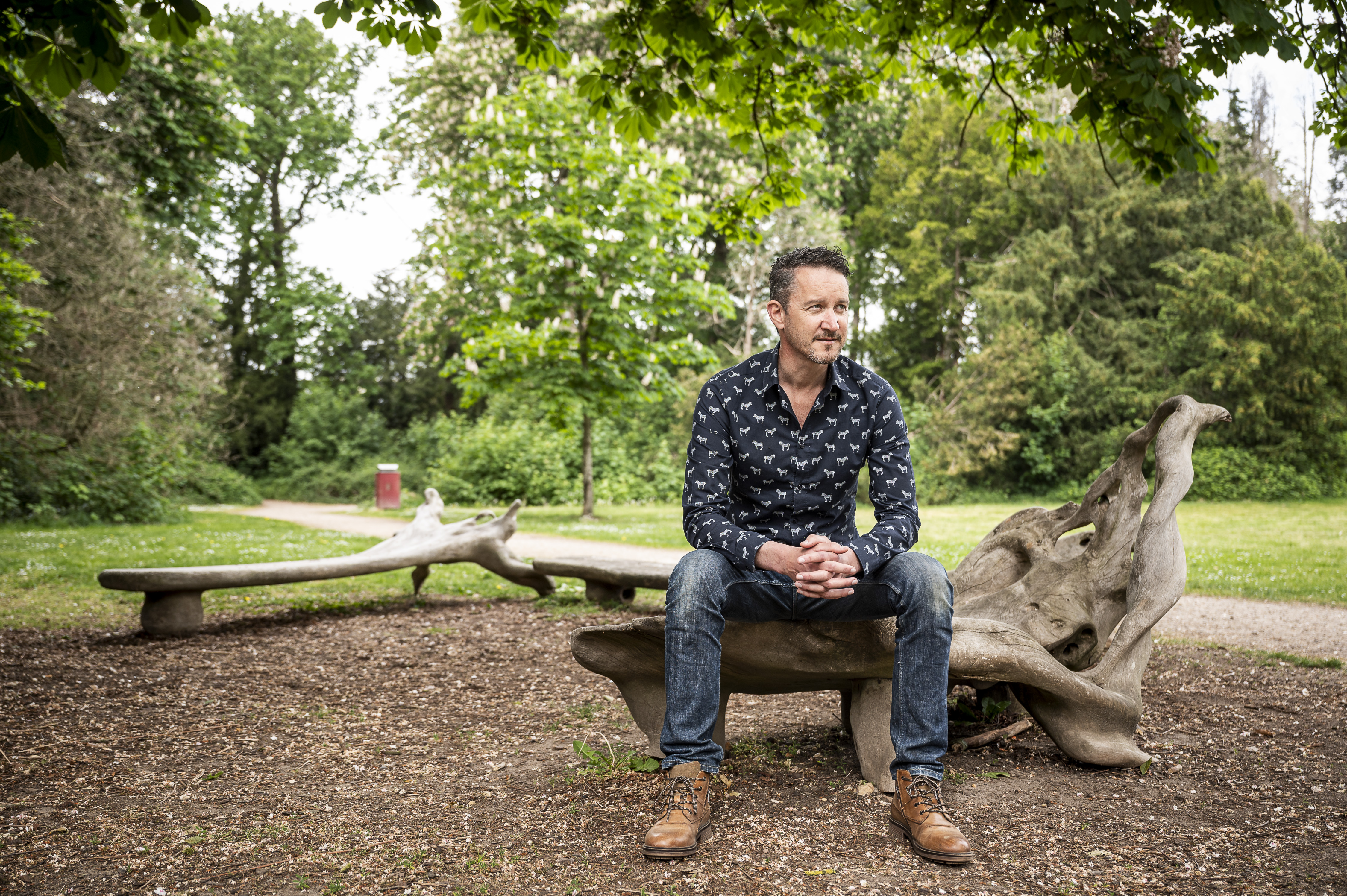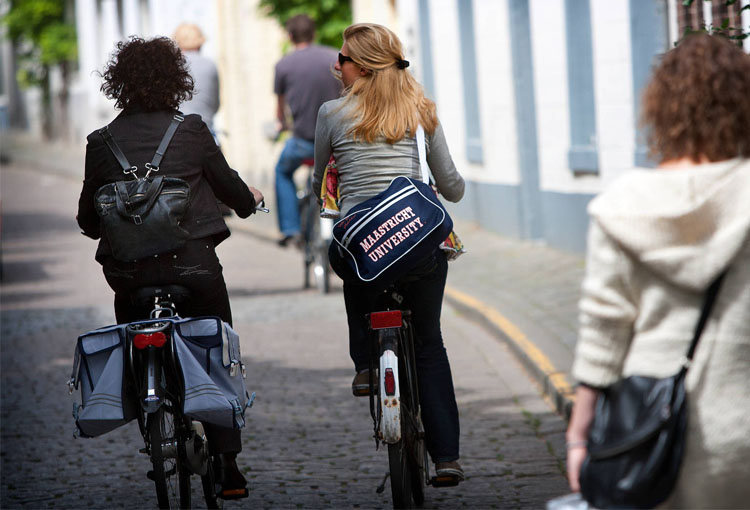The influence of the energy crisis on energy-related household practices
Much of everyday life consists of routinized and habitual activities that use energy, such as heating the home. Heating (space and water heating combined) accounted for about 80% of the final energy consumption of households while about 90% of homes in the Netherlands used natural gas for heating in 2020. It is therefore no surprise that many households has been hit hard by Russia’s invasion of Ukraine since energy prices are contributing significantly to inflation at a time when the cost of living was already rising rapidly in the Netherlands. In this context, reducing energy consumption of households has become an even more critical and urgent issue. Household energy consumption relates to who we are, where we come from, and the socio-cultural and material contexts in which we live.


Researchers from MSI extended an initially half-year-long living lab-based initiative to experiment with alternative heating practices into a longitudinal study. The main aim of the Living Labs implemented in the winter of 2018/19 was to promote sustainable energy use in households and communities, while acknowledging the context-dependence of the change. The approach used to test two energy reduction challenges to two groups of households, an individual-focused and a community-oriented approach, to reduce indoor temperature to a maximum of 18°C (‘heating challenge’). The disruptions induced through the ‘heating challenge’ are of a much smaller magnitude compared to the macro-systemic disruptions experienced during the COVID-19 pandemic and the recent energy crisis. How heating practices have evolved over time differently after these smaller- and larger-order disruptive events is analyzed with a follow-up survey administered three years after, with the same households included in the initial study. This approach allows for the comparison of the effects or more or less disruptive events over time, including periods in which participants are able to reflect on changes in their everyday lives. The central issue of concern is therefore whether and how changes occur and not whether households are able to meet the goal of the initial heating challenge.
An interesting finding of our study is that the majority of the households reported that since engaging in the heating challenge, the meanings tied up with being comfortable indoors has changed. For example, a warm sweater and woolen socks was also about feeling cozy. Thus, new meanings emerged around the experience of living in a colder homely environment. By saying this, we have observed that people demonstrate ingenuity after the small-scale disruptive event to deal with precarious situations and innovate their daily routines. From this longitudinal study we can conclude that reductions are possible, without an emphasis on individuals or technologies as central to change, when routinized practices are disrupted through experimentation.
Also read
-
Fossil subsidies undermine climate policy, says Patrick Huntjens and other colleagues in an opinion article.
-
People who are customers of a bicycle rental company are more likely to go by bike instead of public transport, car or on foot. This is according to recent research by scientists at Maastricht University.
-
Citizens can do more for a better climate than they think, according to Professor Patrick Huntjens


